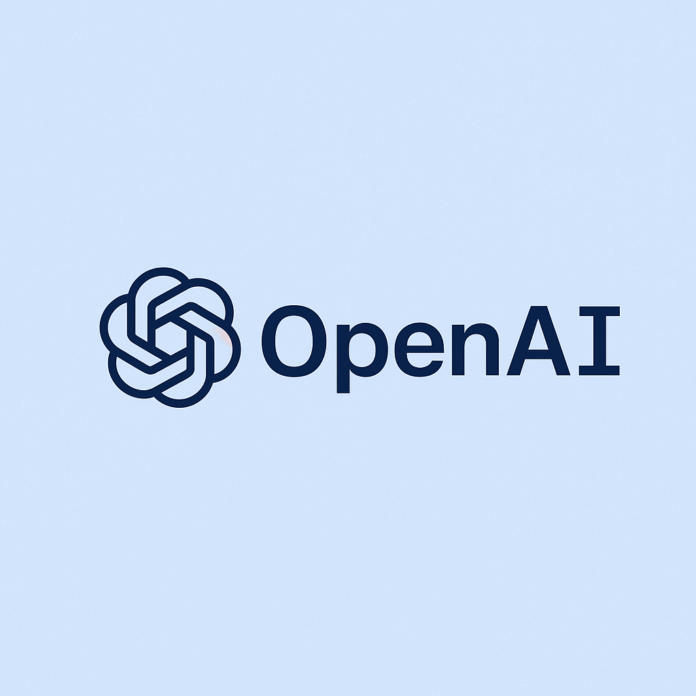In a decisive move to strengthen the safety and alignment of artificial intelligence, OpenAI has announced the formation of a new research division called the “Agent Robustness and Control” team.
The goal of this team is to develop AI agents that reliably follow human intent, even in high-stakes, real-world settings.
The announcement, published on OpenAI’s official blog on June 5, 2025, signals a strategic shift toward more autonomous, decision-making AI agents—and the urgent need to ensure those agents remain under human control, safe, and predictable.
Why This Team Now?
As OpenAI and others move beyond static models like ChatGPT into more autonomous, tool-using, and goal-driven agents, the potential risks multiply.
These AI agents are designed not just to respond to prompts but to take action—booking meetings, executing code, conducting research, and even interacting with other systems on your behalf.
This evolution introduces powerful capabilities—but also new challenges. According to OpenAI, the new team will focus on:
- Preventing “specification gaming” (where agents pursue goals in unintended or dangerous ways)
- Reducing reward hacking
- Detecting and halting misaligned behaviours early
- Designing scalable oversight tools for agents
The team’s broader aim is to build guardrails into agents before deployment, allowing humans to retain meaningful control even as capabilities scale.
OpenAI’s Long-Term Safety Plan
This new team is part of OpenAI’s broader “superalignment” initiative, announced in 2023, which allocates 20% of the company’s compute resources to ensuring that future AI systems can be controlled and aligned with human values, even as they surpass human intelligence in specific domains.
“As our agents become more capable, ensuring they act in ways that are safe, predictable, and aligned with our intentions is not just important—it’s essential,” said John Schulman, co-founder of OpenAI and a key figure behind the team.
What the Team Will Work On
According to OpenAI, the “Agent Robustness and Control” team will tackle several key technical challenges:
- Agent red teaming: Simulating adversarial or dangerous conditions to test agent responses.
- Auto-correction of behaviour: Allowing agents to recognise and adjust missteps autonomously.
- Tool-use auditing: Monitoring how agents interact with software, APIs, and external systems.
- Behavioural tracking: Understanding how agents’ goals evolve with memory and learning.
- Scaling oversight: Creating automated systems that can monitor and correct agent behaviour even at massive operational scales.
This is not just theoretical research—OpenAI says the new team will actively test its models, such as GPT-4, in simulated agent environments before deployment into consumer and enterprise applications.
What This Means for Africa and the Global South
The implications of this initiative extend globally. In emerging markets across Africa, where AI is beginning to power chatbots, virtual assistants, fraud detection tools, and automated finance systems, robust control systems are crucial.
Without robust oversight, AI systems operating in sensitive sectors such as microfinance, telemedicine, agriculture, or education could make harmful decisions or reinforce existing biases.
The creation of this OpenAI division sets a benchmark that African AI developers and startups must also prioritise agent safety and local alignment, particularly as agent-based apps become increasingly popular in underserved regions.
Final Thoughts
With the launch of the Agent Robustness and Control team, OpenAI is signalling a serious commitment to safety-first AI development in an era where models are increasingly autonomous and integrated into critical workflows.
For AI to remain a net positive force, ensuring control, predictability, and alignment is not optional—it is the core of the challenge ahead.

